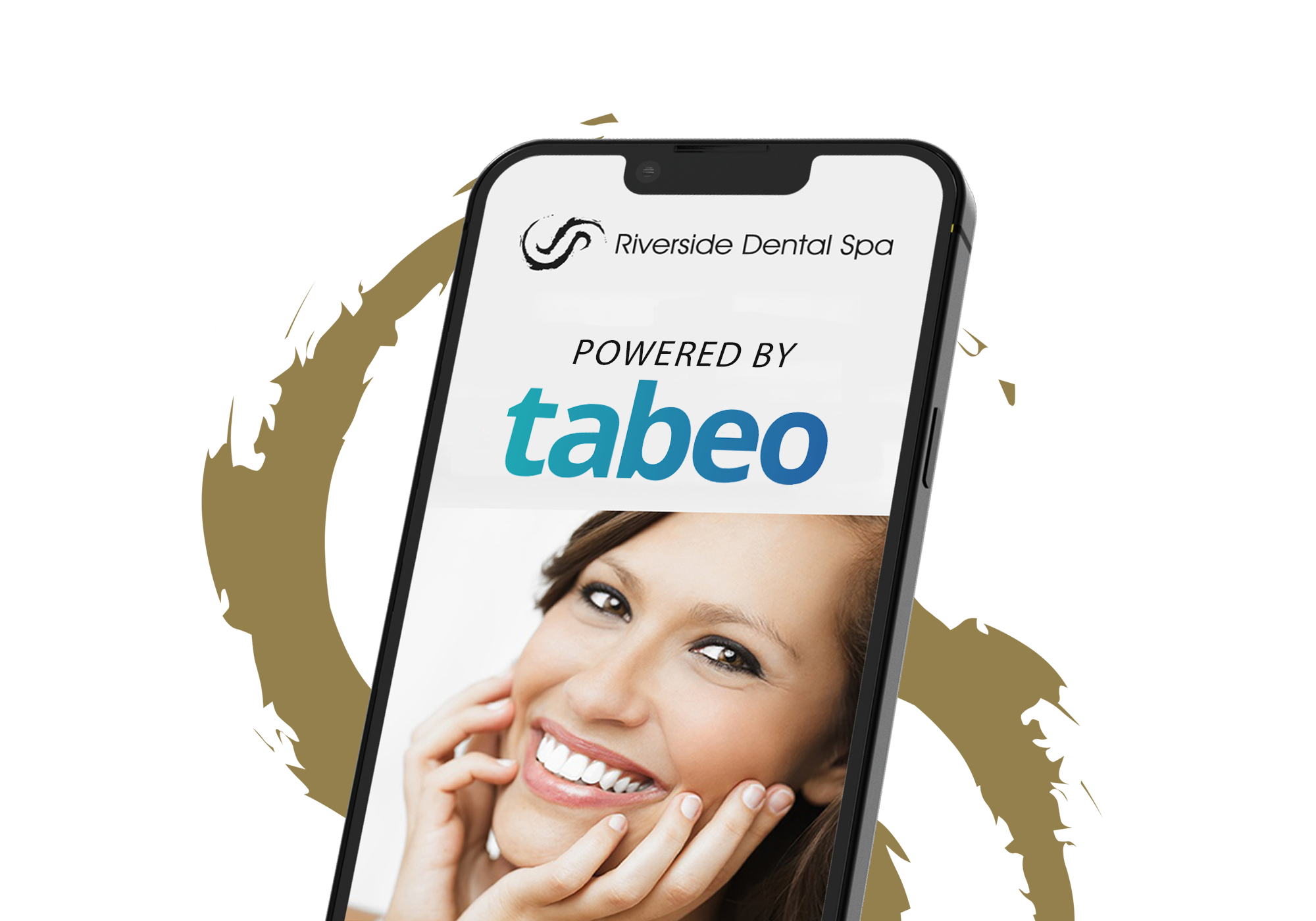We all have our insecurities and for some of us, it’s our smile. Regardless of how much you spend on at-home treatments you find on the high street, the best help you can get is from your dentist. Not only will a dentist provide the best quality and longest lasting results, they will also recommend what is safest for your teeth, to keep your smile healthy.
Dental veneers can help with a variety of issues you have with the appearance of your teeth and do not take long to have fitted. Explore the most frequently asked questions about dental veneers below.
What are dental veneers?
Having dental veneers involves thin shells of porcelain being fitted over the visible surface of your tooth. Many people choose to have dental veneers to treat teeth which are discoloured, cracked, chipped or misaligned. As a result, these long lasting shells can create healthy looking teeth which seem natural and transform your smile.
Are dental veneers suitable for me?
Before getting your dental veneers fitted, your dentist will make sure that your teeth are healthy enough for the treatment. You will have a consultation with your dentist, who will explore your options with you after asking what you are hoping to achieve.
In some cases, your dentist may have to take some x-rays to examine how healthy your teeth are. For example, they may check for any potential signs of tooth decay, required root canals or gum disease.
Once they can confirm you have healthy teeth and that dental veneers are suitable for you, they will trim around half a centimetre from your tooth, before making a mould of your teeth, so they can size your veneers accurately.
How are they fitted?
Once you receive a notification to say that your moulds are back and ready to be fitted, book an appointment. Your dentist will begin by checking the fit, shape and colour of your dental veneers to ensure that they will provide a natural looking aesthetic.
Your teeth will then be deep cleaned to ensure that no bacteria is trapped beneath your new veneers. For each tooth receiving a veneer, a grinding tool will be used to create a rougher texture for an easier application.
To fix your dental veneers to your teeth, a dental cement will be used, which will be hardened using ultraviolet light.
Is taking care of dental veneers difficult?
Unlike some dental treatments, the aftercare for dental veneers is quite low maintenance. When you leave the dentist, your veneers may feel a little rough from excess cement. However, this will wear down after a few days of regular eating and teeth brushing. Otherwise, your dentist can smooth it out for you. It is also important to try not to chew your tongue or cheeks while the anesthetic wears off.
Although you can chew and clean your teeth as normal once your dental veneers are cemented to your teeth, here are a few tips to help get the longest lifespan possible from your treatment:
- Remember to wear a mouthguard during sports activities
- Cut up harder foods into smaller pieces to eat with your back teeth
- Protect your veneers from teeth grinding with a splint or retainer
- Don’t chew on hard objects such as ice, pens, fingernails or trying to open packaging
Booking a consultation for dental veneers
If you are looking into dental veneers, Riverside Dental Spa offer great results at our practice in Vauxhall, London. To book your consultation, visit our website or call 020 7091 0677.



